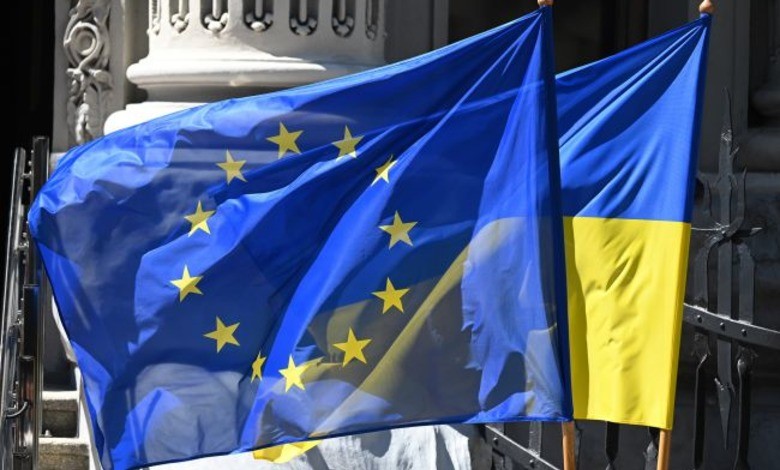EU changes military strategy to support Ukraine to avoid blocking Hungary: RMF24

The European Union plans to make changes to the mechanism of providing military support to Ukraine to avoid obstacles due to the veto of Hungary, which has a pro-Russian position. About this informs RMF24.
It is expected that already on Wednesday, the EU ambassadors will reach a political agreement on the terms of providing Ukraine with 50 billion euros of aid, obtained from the revenues from the frozen assets of the Russian Federation. As the Brussels correspondent of RMF points out, the solution is that most of these funds will be directed to programs that will be financed directly from the EU budget, and only 5% of the received money will go to the European Peace Fund. This fund was previously used to finance arms for Ukraine.
The new financing scheme will bypass the need for unanimity in decision-making, which will make it impossible for Hungary to use the right of veto. RMF24 reminds that Hungary has been blocking the next tranche of the Peace Fund for almost a year, which has led to delays in reimbursing the costs of arms transferred to Ukraine, in particular, Poland has been waiting for the payment of almost 2 billion zlotys for several months.
The decision that 95% of the frozen Russian assets will go to programs for Ukraine financed from the EU budget will significantly reduce the financing of the European Peace Fund. This, in turn, could mean that the system through which the EU financed the transfer of weapons from the warehouses of member countries will no longer function at the previous level due to a lack of funds.
Until now, 90% of the assets of the Russian Central Bank were directed to the Peace Fund, and within the framework of this mechanism, Ukraine received 1.4 billion euros for armaments. However, this became possible only thanks to the cunning diplomatic maneuvering that allowed bypassing the Hungarian veto.
It is important to remember that back in June 2024, the head of EU diplomacy, Josep Borrell, announced the development of a mechanism that would allow bypassing the blocking of Hungary during the purchase of arms for Ukraine at the expense of frozen Russian assets.





